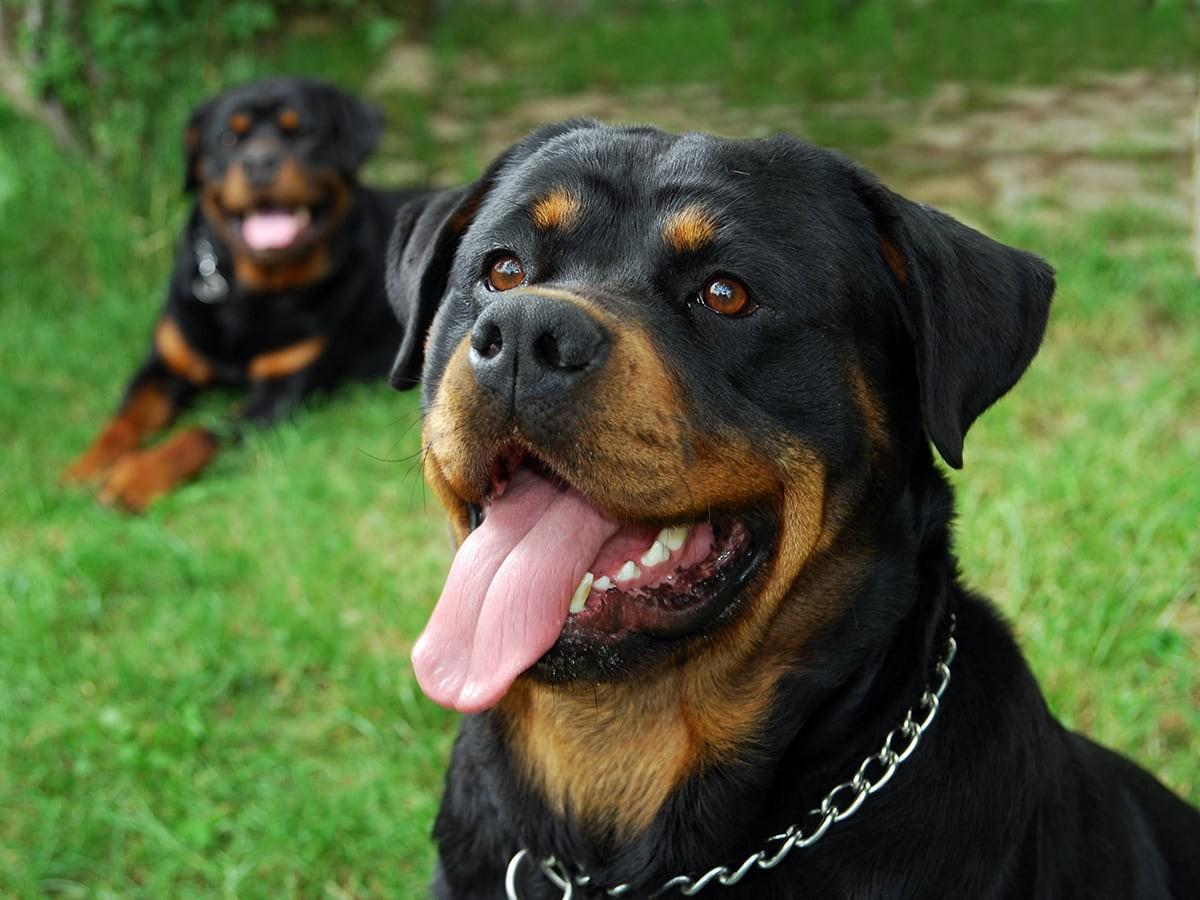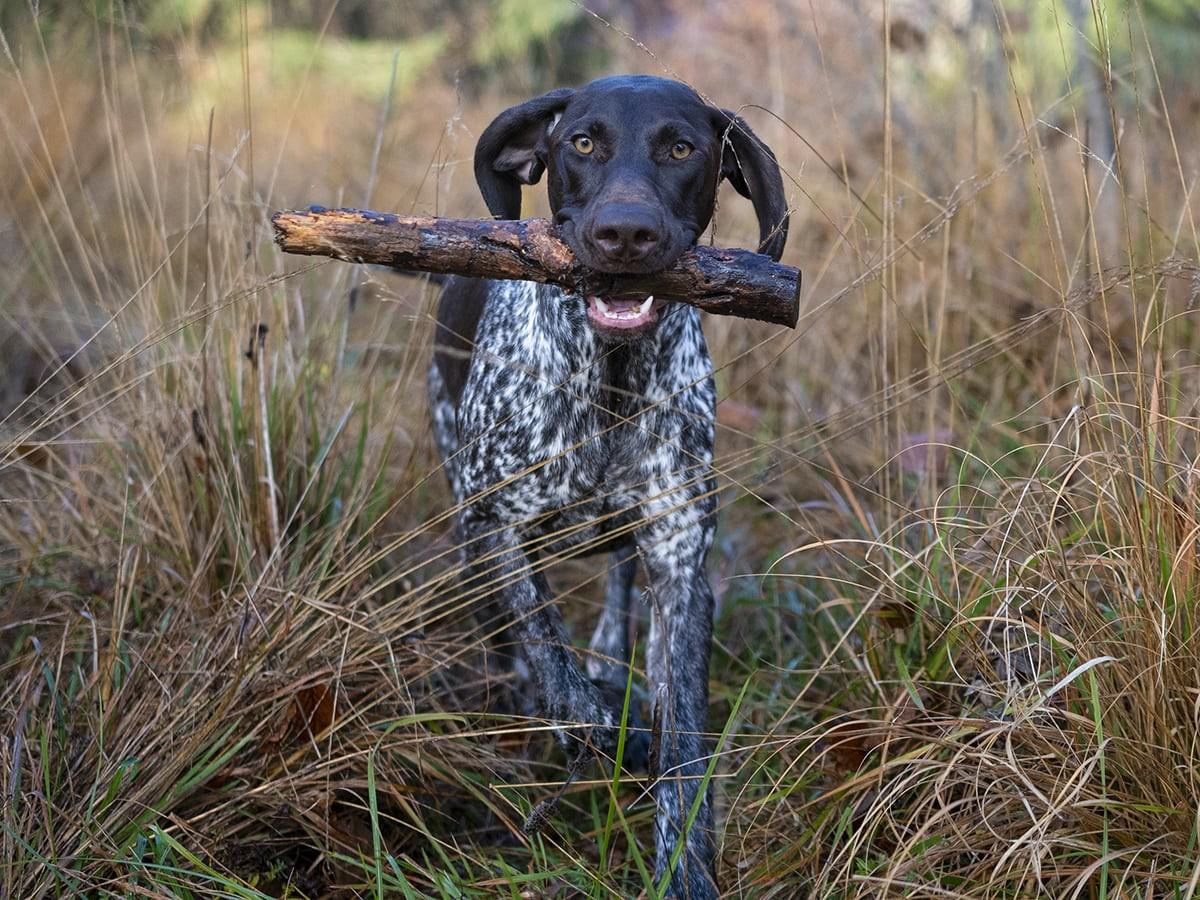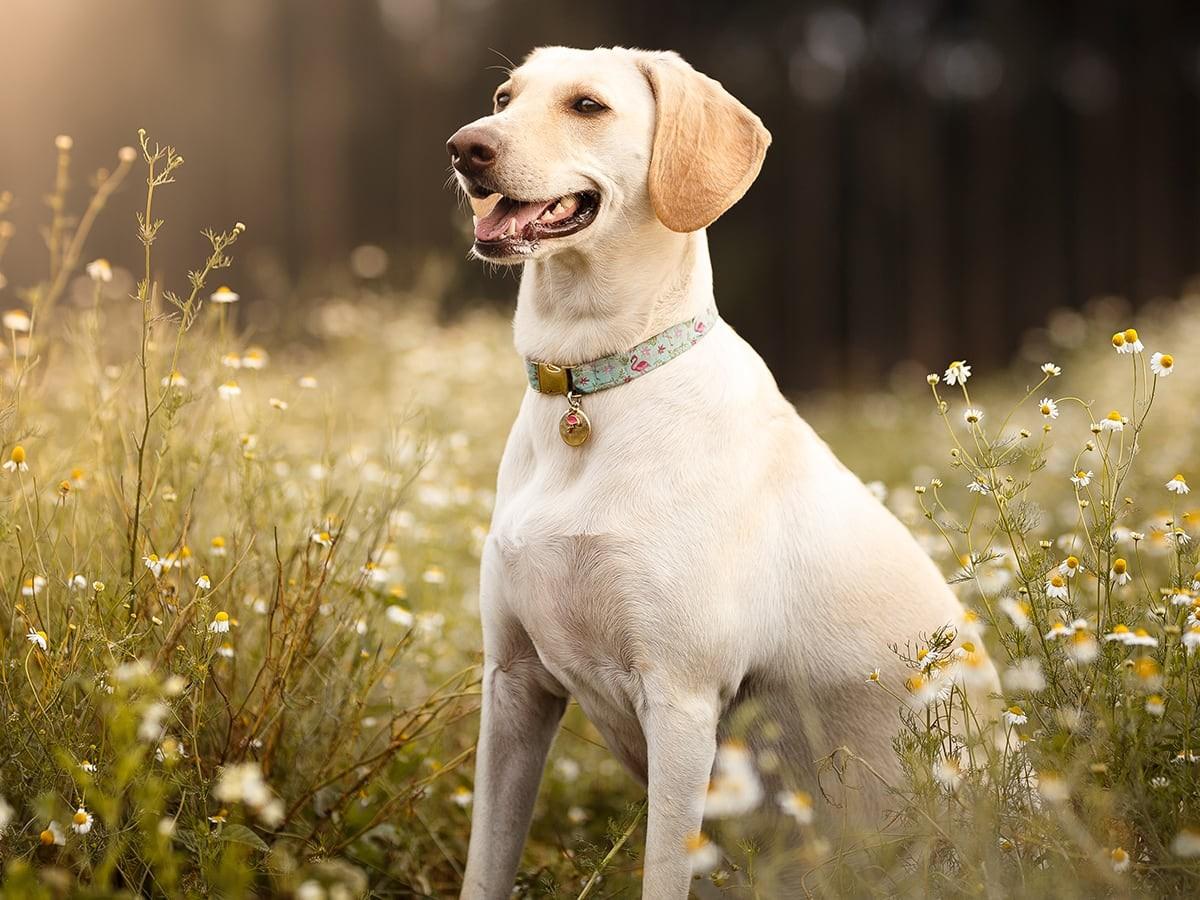Hunting, herding, guarding, companionship, protection, and numerous other things are all the areas where dogs have helped humans for thousands of years. And it keeps going. The usefulness of dogs has made them go from royal palaces to monasteries to temples to the comfortable sofas of living rooms.
Remember when we make a sniffing sound, our friends tease us by calling us dogs. Now this may be a joke, but this very own trait of dogs has done immense good to us humans and is also the very reason dogs are the best friends of Police all around the world. Searching for drugs and explosives, locating missing people, finding crime scene evidence, protecting people, and attacking criminals who are fleeing from or attacking police officers are all the assistances that dogs have provided us with utmost dedication.
Why are dogs used for tracking criminals?
The receptors of smell occur in the form of the olfactory epithelium, which is very extensive in dogs. They have an acute olfactory sense, so they are used in crime detection. They are called as K-9, a homophone of canine. A dog’s eyesight, smelling power, and hearing capability is very good. In fact, some experts say cadaver dogs are 95% accurate and can smell up to 15 feet underground.1 A good enough reason for them to be used for crime solving.
When did Police start using Dogs?
Dogs have been used by law enforcement agencies for over 100 years. The Britishers used bloodhounds while searching for Jack the Ripper in 1888. During the same time, they allowed these species to accompany police on patrol. In 1899, in Ghent Police department in Belgium started formally training dogs for crime detection. In the US, The Labrador Retriever is a popular police dog for search and rescue, explosive and drug detection, and they’re also used as arson dogs. In Canada, general duty and specialty detection teams exclusively use purebred German Shepherds for their strength, courage, temperament, and hunting instincts.2
Let’s look at the top 5 dog breeds used by Police departments across the world.
1. German Shepherds

Average Weight: 66 to 88 pounds (male and female)
Average Height: 24 to 28 inches (male and female)
Life Expectancy: 9 to 13 years
Origin – Germany
Developed by Max von Stephanitz, the German Shepherds are traditionally a herding breed as the name suggests. Also known as the Alsatians, they are now used for herding, disability assistance, search-and-rescue, police work, and warfare, they are intimidating by their looks itself. The protective nature makes them aggressive. It is one of the most popular dog breeds out there. Although the colors and ears make it look like a wolf but nature wise it is a very well-behaved, loving and affectionate breed and a great companion for families with kids. Their ability to follow instructions, persistence, bravery, restraint or attack on command, search and rescue abilities are all factors that make these shepherds the most popular dogs among the Police.
2. Rottweilers

Average Weight: 110 to 130 pounds (male and female)
Average Height: 24 to 27 inches (male and female)
Life Expectancy: 8 to 10 years
Mainly used for herding livestock and pull carts filled with butchered meat, Rottweilers are also known as Rottweiler Metzgerhund, meaning Rottweil butchers’ dogs in Germany, their origin. From loving and affectionate to aggressive protectors, these dogs can be all depending on their upbringing. Although not very big, their courageous, strong, scary and aggressive nature makes them popular Police dogs.
3. Doberman Pinschers

Average Weight: 2 to 7 pounds (male and female)
Average Height: 6 to 9 inches (male and female)
Life Expectancy: 12 to 14 years
This large breed developed by Louis Doberman in Germany are among the most intelligent, tenacious, energetic guard dogs. Often used by the Police, they can be very aggressive if not trained properly, especially against strangers. Lean, strong, fast and persistent describes a Doberman and a human stands no chance if chased by one, especially on the orders of a Policeman. You may also be interested in Miniature Pinscher.
4. German Short-Haired Pointer

Average Weight: 55 to 70 pounds (male and female)
Average Height: 23 to 25 inches (male and female)
Life Expectancy: 12 to 14 years
Origin – Germany
German Shorthaired Pointers are among the top winning breeds in competitive hunting events. And this is why they make excellent Police dogs. Excellent in sports and other outdoor activities and a good watch-dog is the package for them. But if you think you may not be able to spend enough time on a daily basis with your pup then you might want to consider a different breed. They may not look very intimidating but they very well know how to get the job done.
5. Labrador Retriever

Average Weight: 65 to 80 pounds (male and female)
Average Height: 20 to 22 inches (male and female)
Life Expectancy: 10 to 12 years
Origin – UK
One of the most popular pets, the Labrador Retriever is a British breed which got its name from a colony in Newfoundland. Known for its loyalty, playfulness, obedience, energy, it is often used as a guide or assistance dog and even for rescue and therapy work. For the Police, they have been helping in bomb sniffing, drug detection and picking up sensory messages humans can’t always predict or sense with their ears and eyes.
This is not an exhaustive list but just a list of popularly used dogs by Police. Police around the world use various breeds including Belgian Malinois, Bloodhound, Dutch Shepherd, and the retriever family. Several dogs have received bravery awards and medals for their services.
What happens to Police Dogs after they retire?
Most K-9s after their active service to the Police departments, go home with their handlers to become household pets. If this isn’t an option, the handler will arrange an adoption to a suitable home.2

If you need a story or someone to talk to your cat like a person, I’m your person. With 3 cats, 1 dog, and a lifetime of pets, I write from experience, usually with a cat on my keyboard and a dog in my lap.
“The Truth About Cadaver Dogs,” Medium, https://medium.com/@groversmill/the-truth-about-cadaver-dogs-5-things-you-didnt-know, Sep. 10, 2018.
“Our Police Service Dogs,” Royal Canadian Mounted Police, https://www.rcmp-grc.gc.ca/policedogs-chienspoliciers/our-dogs-nos-chiens-eng.htm, accessed Jan. 22, 2024.











